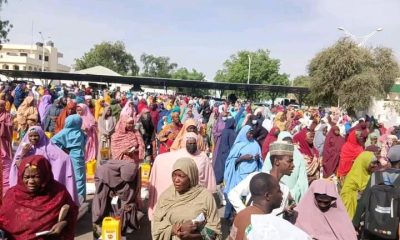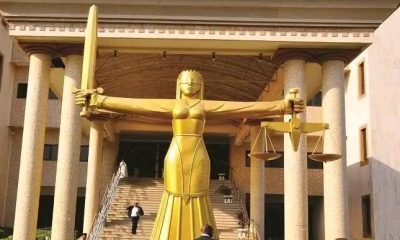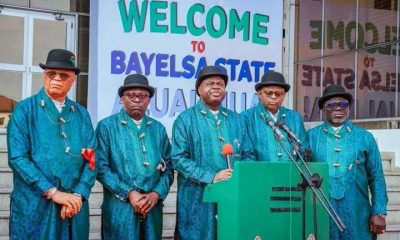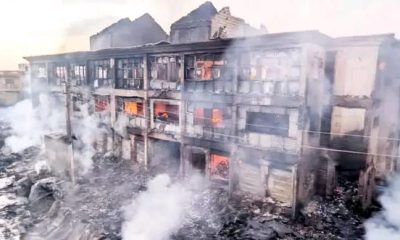National
Exclusive: How Boko Haram Remnants Still Control Local Government Areas in Borno State
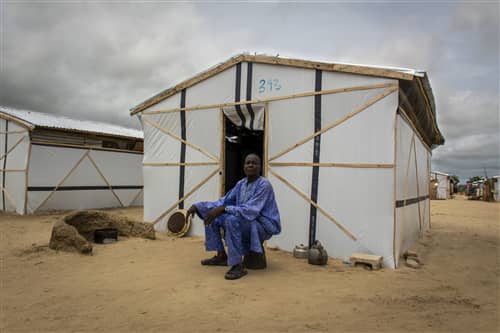
By: Ado Sadauki, Maiduguri
MAIDUGURI, Nigeria — More than a decade after the Nigerian government declared Boko Haram “technically defeated,” remnants of the Islamist insurgency still exert control over remote local government areas in Borno State, disrupting governance, farming, and trade, and leaving residents caught between fear and survival.
Although Nigerian troops hold garrisons in major towns such as Monguno, Baga, and Dikwa, large swathes of countryside in Abadam, Marte, and Guzamala remain under the shadow of Boko Haram factions. There, insurgents demand levies from farmers, restrict movement, and enforce their own brand of justice.
“They told me I could only harvest my crops if I paid them a portion,” said Ali Umar, a 42-year-old farmer displaced from Guzamala. “When I refused, they burned the farm. I left with nothing but my children.”
For villagers like Umar, returning to ancestral land has become a gamble. The Nigerian government has encouraged displaced families to resettle, but many find themselves back under militant control once they leave the safety of camps.
A Widow’s Burden
In Abadam, Yakolo Issa Modu, a 36-year-old widow, recalled how fighters stormed her village in 2012. “They came at night and ordered us to pay ‘taxes’ for protection. My husband had died in the camp, and I had no money. They took my two goats instead,” she said, tears welling. “We are living as if we are slaves.”
A Teacher Silenced
Education, too, has become a casualty. Malam Isa, a former schoolteacher from Marte, said Boko Haram remnants ordered him to abandon teaching or face punishment. “They told me Western education is haram. I had no choice but to flee. My school is now an empty building, and my students are scattered in camps,” he explained from a displacement settlement outside Maiduguri.
A Young Girl’s Fear
Even children are not spared. Fatima Ali, 14, displaced from Guzamala, said insurgents regularly threatened her village before she fled. “They told the men to join them or die. We girls were afraid they would take us. Every night we prayed to escape. One morning my family decided to run with only the clothes we wore.”
The Military’s View
The Nigerian Army insists it has degraded Boko Haram’s capacity, pointing to thousands of surrenders since 2021. Yet soldiers acknowledge the group still wields influence in rural areas.
“They no longer hold territories like before, but in the villages outside our camps, they act as if they are the government,” said a soldier deployed in northern Borno, who spoke on condition of anonymity because he was not authorized to talk to the press. “Our presence is strong in the towns, but once you move deep into the bush, Boko Haram dictates what happens.”
A Fragile Recovery
Governor Babagana Umara Zulum has repeatedly pushed for the resettlement of displaced people, but humanitarian workers warn that insecurity undermines these efforts. “You cannot rebuild communities when insurgents still control the farmland and roads,” said one aid worker in Maiduguri.
Analysts argue that Boko Haram’s survival reflects its ability to adapt, shifting from large-scale assaults to localized governance in unprotected areas. “They are no longer a conventional army,” said Mukhtar Umar a conflict researcher at the University of Maiduguri. “But their grip on rural communities remains a dangerous reality.”
For survivors, the conflict has become an endless cycle. “We are tired of running,” said farmer Umar. “We want peace, but peace is still very far from us.”

